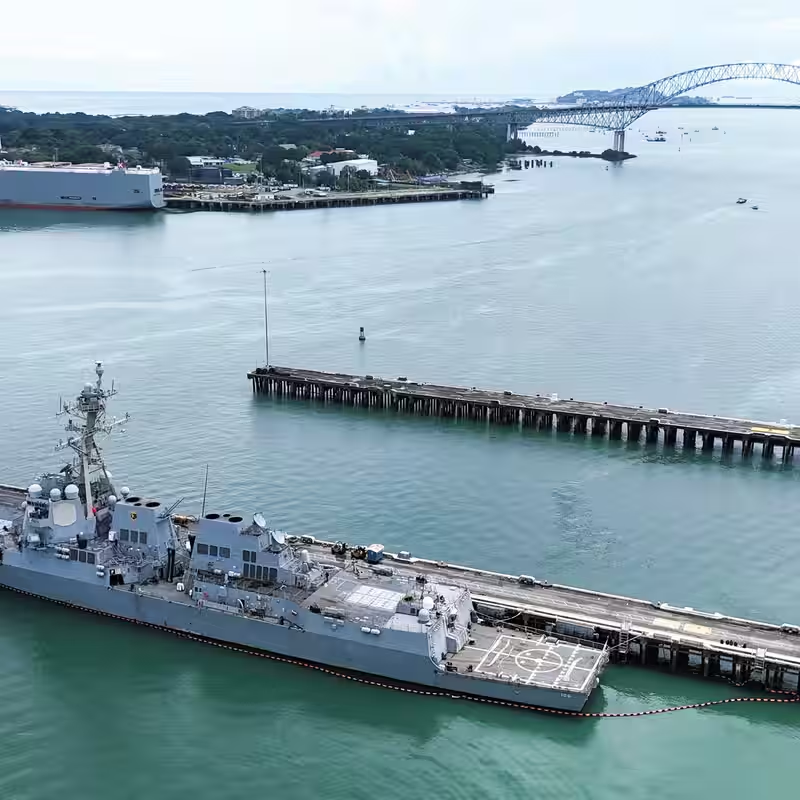U.S.-Venezuela tensions have surged to their highest point in years, reigniting fears of a deeper regional crisis. What began as diplomatic friction over migration and oil has now escalated into a full-blown standoff—complete with sanctions, military posturing, and accusations of election meddling.
Table of Contents
- Sanctions and the Oil Lifeline
- Migration as a Political Weapon
- Venezuela’s New Alliances Worry Washington
- What Comes Next?
Sanctions and the Oil Lifeline
At the heart of the crisis is oil—and money. The U.S. recently reimposed strict sanctions on Venezuela’s state-run oil company PDVSA, accusing the Maduro government of backtracking on democratic reforms promised during last year’s electoral negotiations.
Those sanctions, temporarily lifted in 2023 to encourage political dialogue, had allowed Venezuela to export crude to U.S. refineries again—providing Caracas with a critical revenue stream. Their reinstatement has crippled Venezuela’s fragile economic recovery and sparked fury in the presidential palace.
“This is economic warfare,” declared Venezuelan Foreign Minister Yván Gil, accusing Washington of trying to “strangle our sovereignty.”
Migration as a Political Weapon
Meanwhile, migration flows from Venezuela into the U.S. have surged past 300,000 this year alone. U.S. border officials report that many arrive with expired or falsified documents—raising alarms about security gaps.
Some analysts suspect the Maduro regime is deliberately easing exit restrictions to overwhelm U.S. processing capacity—a tactic reminiscent of Cuba’s “Mariel boatlift” in 1980. While Caracas denies orchestrating the exodus, internal documents reviewed by regional watchdogs suggest coordinated bus convoys from Caracas to northern border towns.
Venezuela’s New Alliances Worry Washington
Adding fuel to the fire, Venezuela has deepened ties with U.S. adversaries. In September 2025, President Nicolás Maduro hosted a high-level delegation from Iran to discuss drone technology and energy cooperation. Weeks later, Chinese naval vessels docked in La Guaira—the first such visit in over a decade.
These moves are seen in Washington as part of a broader strategy to counter U.S. influence in Latin America. “Maduro is betting that multipolarity gives him cover,” said Dr. Elena Ruiz, a Latin America security expert at Georgetown University. “He’s wrong—but he’s not alone.”
What Comes Next?
With presidential elections looming in Venezuela in 2026, the U.S. faces a dilemma: double down on pressure and risk pushing Maduro closer to Moscow or Beijing, or offer conditional relief to incentivize genuine political opening.
So far, the Biden administration appears to favor the former. New visa bans on Venezuelan officials and expanded financial restrictions are expected within weeks. But critics warn that without a clear off-ramp, this cycle of escalation could destabilize not just Venezuela—but the entire Western Hemisphere.
As one former U.S. ambassador put it: “We’re not just dealing with a regime. We’re dealing with a tinderbox.”




